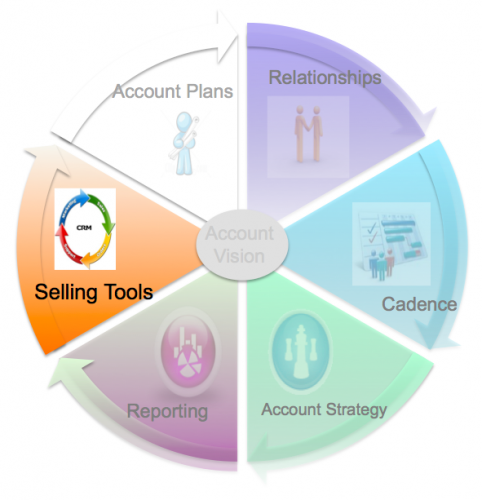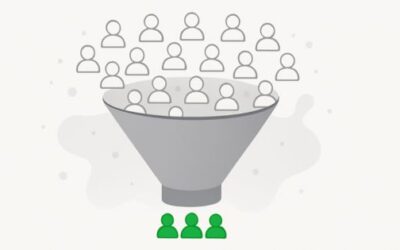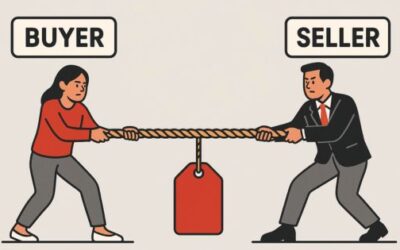The Importance of Sales Tools
For any professional, their tools are the heart and soul of their craft, allowing them to executer their work with precision. Sales tools are no different, where the right tools can make all the difference between success and failure.
One of the things I find most fascinating about sales tools is that they offer a window into each salesperson. Think about it, unlike other professions where specific tools and methods are mandated, in sales we have a great deal of flexibility. Successful salespeople tend to gravitate towards the tools that work best for them personally, and as a results, the landscape of sales tools is incredibly diverse and constantly evolving. The one tool that is typically mandated is the CRM (Customer Relationship Management), and while the CRM is important, I think the true power of sales tools lies in the individual.
Must Haves – The CRM
When deciding between CRMs, the single most important aspect is that it must be cloud-based. Server-based CRM application simply cannot compete with cloud-based alternatives. The ability to access real-time data from anywhere, at any time, is essential. Collaborating seamlessly across locations and devices is a must. Additionally, cloud-based CRMs offer superior scalability, security, and flexibility.
Effective Sales Stacks

The “Sales Stack” is the integration of various sales tools and technologies to enhance the overall effectiveness and efficiency of the sales process. Want to determine how good a salesperson is? Ask them about the selling tools they use. The best sales reps tend to leverage the most cutting-edge and impactful tools available.
From lead generation and prospecting tools to email automation and analytics platforms, the best sellers are consistently working to stay ahead of the curve and stand out in crowded marketplaces. Embracing the latest and greatest sales tech, salespeople can streamline their workflows, maximize productivity, and be more informed than ever before. Conversely, those who fail to adopt or stick with their old outdated practices tend to get lost.
Information is King
There is more important aspect of selling than information. Information is king. The ability to gather and analyze data about clients, competition, industry trends and market dynamics is absolutely critical to success. Having this information is not the end of the process though. Salespeople must also be able to effectively manage and leverage it to gain a competitive advantage.
As mentioned, the most effective salespeople have developed unique processes that leverage a wide range of sales tools and technologies to uncover and manage this information. Whether it’s utilizing advanced analytics and data visualization tools to gain insights into customer behavior, or harnessing the power of social media and digital tactics to expand their reach, the best salespeople understand that their ability to stay at the top relies heavily on their equipment.
Sales 2.0
The emergence of Sales 2.0 has been a game changer. Salespeople are now equipped with a plethora of novel tools and techniques to engage, communicate, and gather information. Information is now a commodity. Our clients and accounts now have the same level of access as us, and we can no longer assume we have something someone else does not. Waiting on information is no longer an option and it is unreasonable for sales reps to expect our customers to provide us with this information. Customers don’t have the time or the patience to be our research tool.
Beyond getting information, today’s environment requires we engage and connect to do business. It’s not good enough to be static.
Today’s effective “Sales Stack” must provide robust information about your customers and clients in a timely manner. It must allow you to find new customers and contacts. It needs to get you access to the people that can drive your business. It need must allow you to get better use out of the information. It needs to put you in the center of your industry. An effective sales stack will make the difference.
If you know of any you want to add to the list, do so in the comments. I don’t think there can be too many.
The key with sales tools, is they are enablers. They are additive to the day to day selling and account management requirements. They are enhancements to the entire account governance model.
There are more tools available to salespeople and account managers than anytime in the history of sales. This is just in time, because the need for good robust tools to augment selling and account management has never been greater.
Sales can happen without sales tools or a good sales stack. It’s just ugly.



Nowadays the knowledge about various sales tools have been increased. So how do you think our sales stack can be made in a way that keeps us ahead in competition.